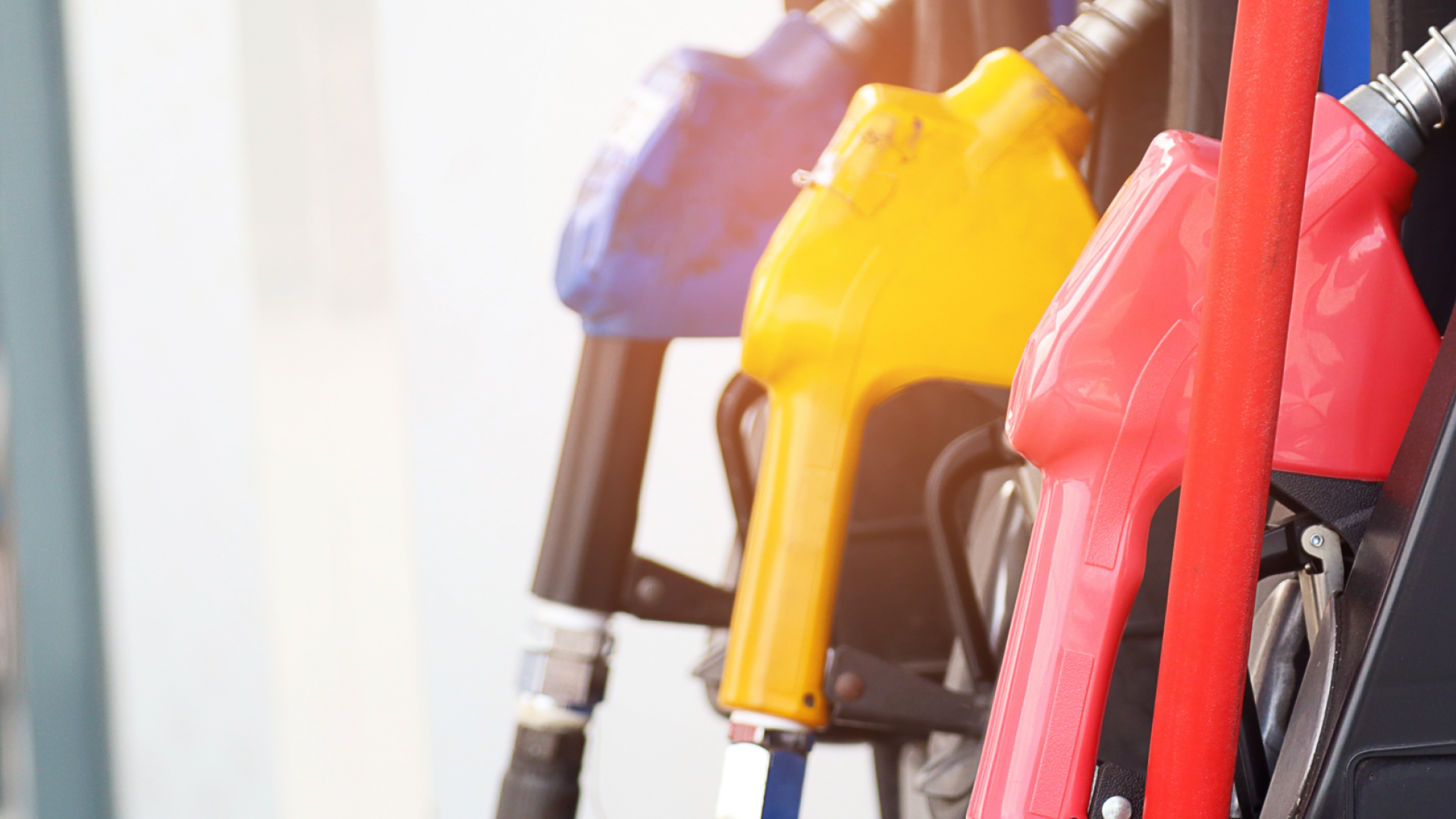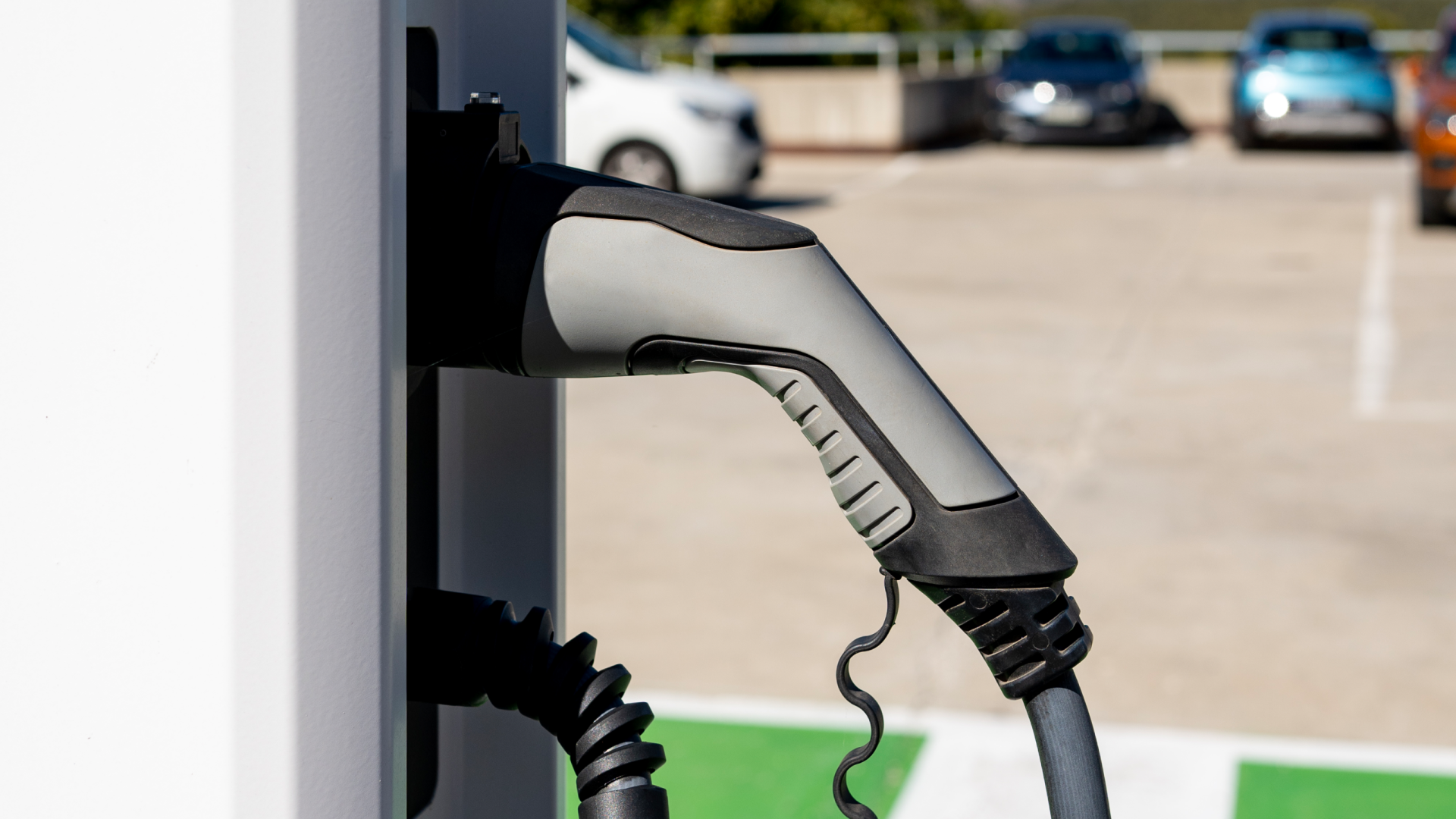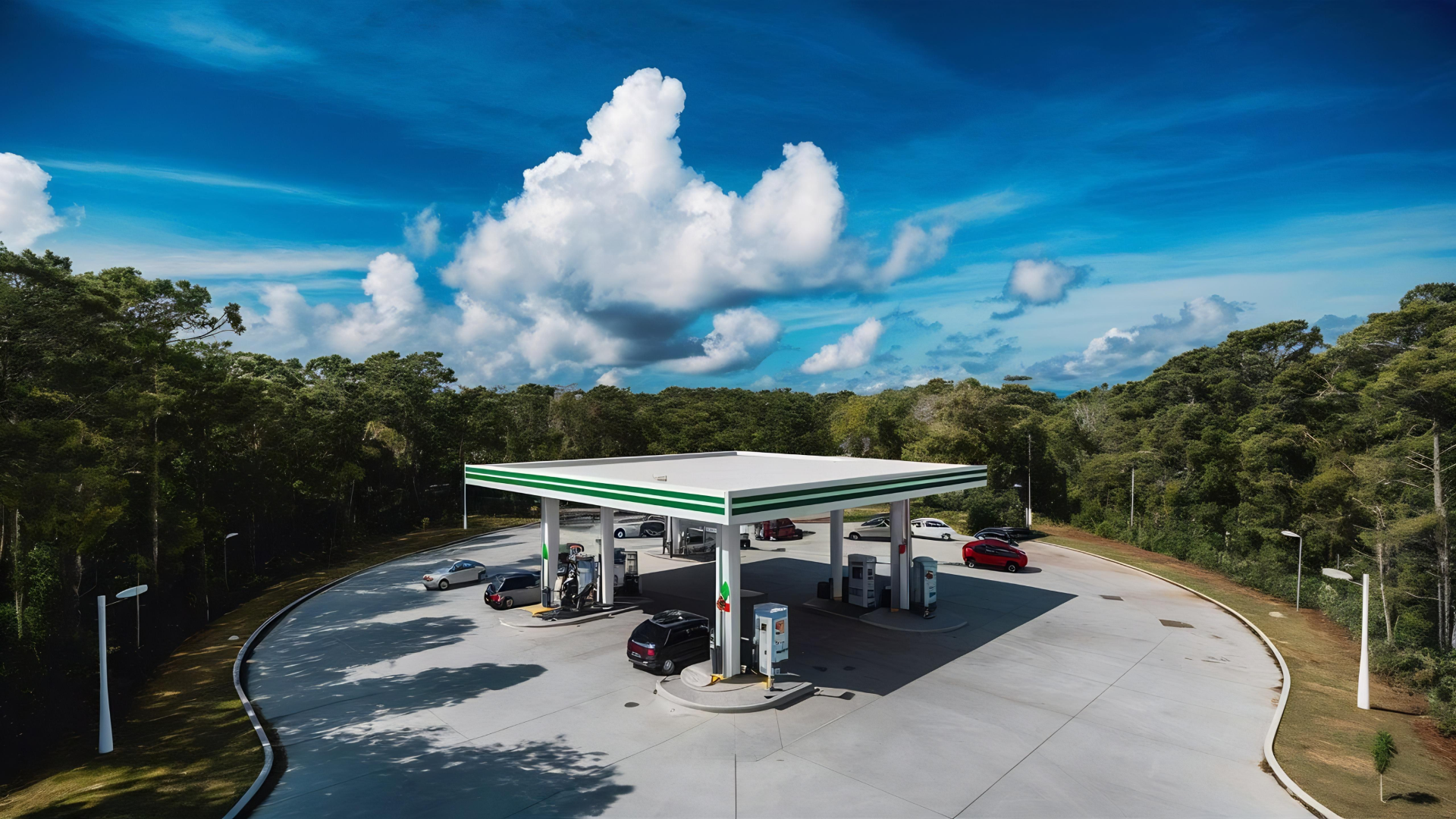Fuel storage regulations and best practices
Proper fuel storage relies on tanks or containers that meet strict technical and environmental regulations. By implementing advanced techniques and safety measures, businesses can ensure efficiency, compliance, and environmental protection.
Learn how specialized infrastructure and rigorous safety protocols enhance fuel storage management at gas stations.
Selecting and constructing fuel storage facilities
Choosing the right location for fuel storage is crucial for safety and compliance. Key considerations include:
- Maintaining safe distances from ignition sources, water bodies, and residential areas.
- Ensuring accessibility for fuel deliveries and emergency response teams.
- Selecting underground storage tanks (USTs) to optimize space and reduce fire risks.
Once the site is chosen, the construction of storage facilities must incorporate:
- Certified fuel storage tanks built with corrosion-resistant materials.
- Fire suppression and spill containment systems.
- Leak detection and control mechanisms to prevent environmental contamination.
All storage components must meet safety standards established by agencies such as the Environmental Protection Agency (EPA) and the Occupational Safety and Health Administration (OSHA).
Fuel transfer, monitoring, and maintenance
Fuel reaches storage tanks through tanker trucks, pipelines, or marine vessels. To prevent leaks or accidents, facilities must follow strict safety procedures, including:
- Implementing spill prevention and containment measures.
- Conducting regular quality testing to detect contamination or degradation.
- Performing routine maintenance and inspections to ensure compliance with safety regulations.
Additionally, efficient inventory management helps maintain an adequate fuel supply while adhering to federal and state guidelines.
Regulatory compliance and sustainability
Fuel storage facilities must comply with strict federal and state regulations to avoid fines, penalties, and environmental hazards. Beyond legal compliance, proper storage enhances operational efficiency and protects public health and the environment.
Investing in best practices for fuel storage not only mitigates risks but also promotes long-term sustainability and responsible resource management.
Key rules for proper fuel storage
Selecting an appropriate location
To ensure safe fuel storage, businesses must evaluate several factors, such as:
- Keeping a safe distance from ignition sources, water bodies, and residential areas.
- Utilizing USTs to reduce fire risks and maximize space efficiency.
- Constructing storage tanks with durable, corrosion-resistant materials to prevent structural failure.
Ensuring safety and preventing risks
Facilities must implement essential safety measures, including:
- Regular cleaning, inspections, and maintenance of fuel tanks.
- Installing leak detection, monitoring, and fire suppression systems.
- Enforcing spill containment procedures to minimize environmental risks.
Using proper materials and conducting routine maintenance
Storage tanks must be constructed from materials compatible with the stored fuel type. Routine inspections and maintenance further ensure compliance with environmental and safety standards.
Continuous monitoring and regulatory adherence
Storage facilities must:
- Use automated monitoring systems for real-time leak detection.
- Install alarm systems to alert personnel of potential hazards.
- Comply with all applicable federal, state, and local fuel storage regulations.
Benefits of proper fuel storage
Proper fuel storage offers numerous advantages, such as:
- Ensuring compliance with EPA, OSHA, and National Fire Protection Association (NFPA) regulations, reducing legal and financial risks.
- Preventing environmental contamination by reducing the risk of leaks and spills.
- Preserving fuel quality by minimizing degradation due to improper storage conditions.
- Optimizing costs through strategic fuel purchasing and efficient storage management.
By following industry best practices, businesses can streamline fuel logistics, reduce operational costs, and strengthen their market position.
Prohibited fuel storage practices
Compliance with fuel storage regulations is essential for safety, environmental protection, and legal adherence. The following practices are strictly prohibited:
Storing fuel in unauthorized locations
- Storing fuel in residential areas or unlicensed facilities is illegal and poses severe safety risks.
- Only facilities licensed by regulatory authorities (e.g., EPA, state agencies) may store fuel.
Using inappropriate storage containers
- Fuel must never be stored in unapproved containers, such as plastic bottles or non-regulated drums.
- Proper storage containers must meet U.S. Department of Transportation (DOT) and NFPA safety standards.
Keeping fuel in hazardous conditions
- Storing fuel near heat sources, open flames, or combustible materials significantly increases the risk of fire and explosion.
- Facilities must maintain proper ventilation, temperature control, and fire prevention measures.
Violating these prohibitions can result in severe legal consequences, financial penalties, and environmental damage.
Ensuring compliance and operational success
Want to ensure your fuel storage operations meet regulatory standards and operate efficiently? Partner with industry experts in compliance and fuel station management.
Contact us today to learn how we can help your business follow U.S. fuel storage regulations and optimize operations.
Looking to gain a competitive edge in the fuel industry? Count on the support of the only business group exclusively dedicated to the fuel station sector in Brazil. With over 25 years of expertise, Petrol Group provides personalized consulting to enhance your business success. Contact us for more information!
With Petrol Group, you have everything for your fuel station in one place!
Learn more about: Importance of fuel transportation


